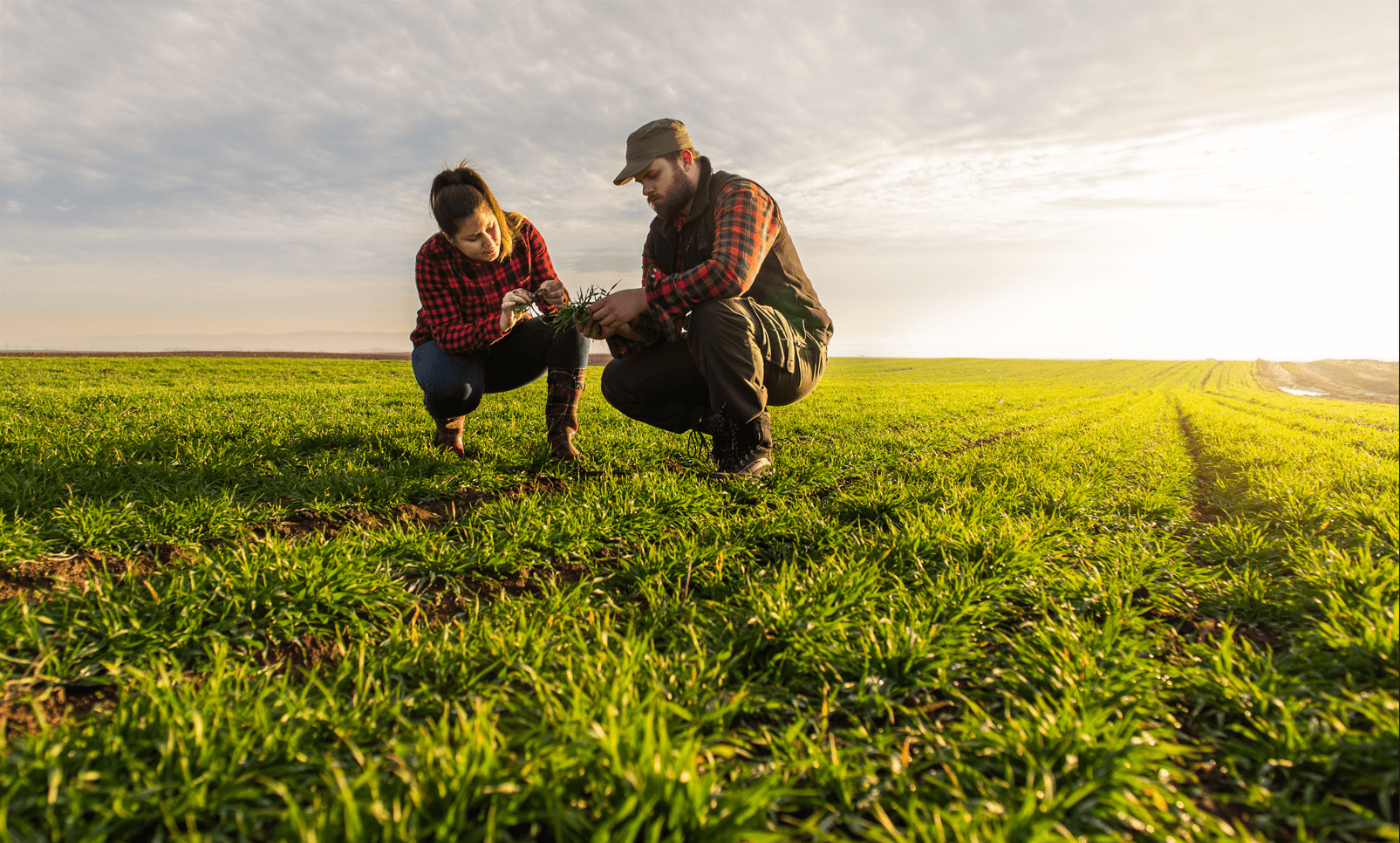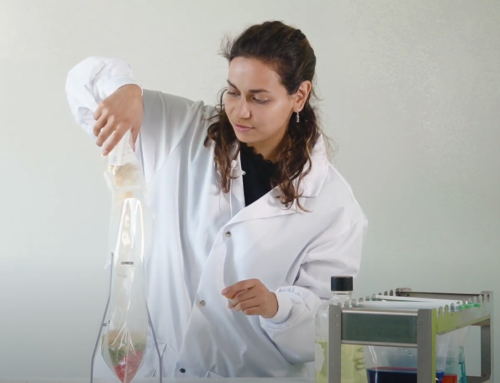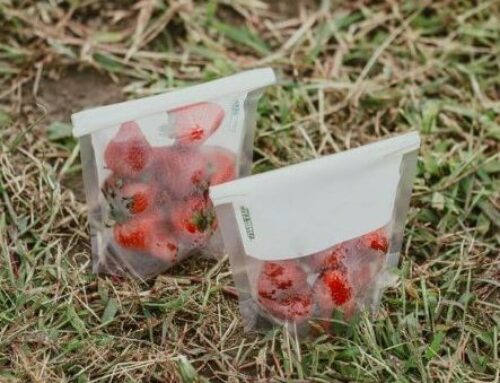Eco-friendly
By LABPLAS

Today, it’s crucial that businesses of all sizes adopt sustainable practices to help protect the environment. The food industry is no exception; in fact, sustainable development is not only a trend in this sector, but it is also rapidly becoming a must.
ON THE ROAD TO SUSTAINABLE DEVELOPMENT
There are many ways food companies can reduce their environmental footprint. These include:
1. Using environmentally friendly packaging
Packaging plays a vital role in the marketing of food products. Attractive packaging can catch the consumer’s eye but can also significantly impact the environment. As consumers become increasingly informed and aware of sustainable development, they look for more environmentally friendly and reusable packaging, which preserves food better.
For companies that aren’t sure where to start, here are some questions to ask before making the transition to more sustainable packaging:
- Do the materials we’ve chosen come from renewable or recycled resources?
- Can we reduce the amount of packaging used?
- What’s the potential for the downstream reuse or recycling of the materials?
2. Reducing food waste
Food waste remains a significant issue, particularly in the food service industry and processed food production. In Quebec, a few companies have taken up the challenge with, as their primary mission, promoting the circular economy by rescuing rejected foods and then turning them into delicious products. This is the case with Loop and Season 2, for example.
What’s more, consumers have taken advantage of several resources that have appeared in Quebec in recent years and offer concrete solutions to food waste reduction. Mobile applications such as Too Good to Go and Food Hero come to mind.
3. Adopting an earth-friendly agricultural model
Agricultural enterprises are encouraged to adopt sustainable practices for the environment. Among these is organic farming, an agricultural production method that requires very few synthetic chemicals often used in industrial agriculture. Organic farming promotes soil health, biodiversity conservation and water quality.
Other practices can also be implemented in the agricultural sector, such as composting, recycling, using green fertilizers and organic cleaners, etc. Production methods can also be adapted to consider consumer expectations, particularly regarding animal welfare and energy-efficient production technologies.
Quebec consumers are also encouraged to shop locally to keep the economy going and promote the eco-friendly aspect of such shopping. The fact is that a product manufactured nearby means less transportation and less risk of waste.
SAMPLING PRODUCTS ADAPTED TO TODAY’S REALITY
Eco-friendly practices also extend to food sampling. In recent years, companies have had access to biodegradable sampling products. For example, our LABPLAS biodegradable product line comprises five products that help companies shift toward sustainability. We aim to lead the way by providing a simple and effective solution to today’s environmental challenges.
All our Ecolo sampling bags are made from highly resistant virgin low-density polyethylene (LDPE), which allows the plastic to biodegrade in nine months to five years.
In short, there are several initiatives that the food industry can adopt to contribute to sustainable development. Businesses in this sector, small or large, have everything to gain by doing their part for the environment.





Leave A Comment
You must be logged in to post a comment.